THE RESEARCH INSTITUTE AT CROW CANYON
Archaeology for the Twenty-First Century

An interdisciplinary network of scholars whose collaborative approach to research is especially suited to addressing big questions with large and complex datasets.
Established in 2014 by the Crow Canyon Board of Trustees, the Research Institute expands Crow Canyon’s capacity in all three of its mission areas: long-term archaeological research, education about humans past and present, and research partnerships with Native Americans. As part of Crow Canyon, researchers at the Institute can leverage more than three decades of archaeological inquiry—and an extensive database—in support of sustained research leading to a better understanding of the human past and a clearer vision of society’s path forward.
Projects conducted under the aegis of the Institute address a wide variety of interrelated issues relevant not only to archaeologists but to educators, policy makers, advocacy groups, and Indigenous peoples:
Human-environment relationships
What effect do people have on the natural environment? How does a changing environment affect human societies? An understanding of how humans have responded to environmental change in the past can inform discussions of environmental policy today.
Economic systems
Studies of economic performance in ancient societies worldwide provide valuable historical and cross-cultural perspectives on long-term economic sustainability and unsustainability.
Social complexity
Human societies have grown exponentially in scale and complexity over the past 10,000 years. Institute studies help identify the factors that shape the development human societies and create an appreciation for human cultural diversity. On a planet that today is inhabited by more than 7 billion people, the past can teach us about the social frameworks that are needed to manage future growth.
Indigenous archaeology
Archaeology conducted by and in collaboration with Indigenous people promotes respect for different cultures, traditional knowledge, and the full range of creative solutions that different peoples have brought to bear on problems common to all societies, past and present. The Institute will facilitate these collaborative endeavors and support the work of Indigenous scholars who seek to develop an archaeology based on Indigenous perspectives.
Cultural and scientific literacy
As a social science that integrates the “hard” sciences into its practice, archaeology is an excellent way for students to acquire basic cultural and scientific literacy—and to learn how to apply those skills in real life.
The ultimate goal of the Institute is to offer research-based solutions to present-day challenges. The potential exists for archaeology—long regarded as simply the study of antiquity—to provide fresh perspectives on some of the most intransigent, and controversial, issues of our time.
Data-driven archaeology
Researchers at Crow Canyon are leaders in quantitative archaeology, computational and statistical modeling, and environmental reconstruction.
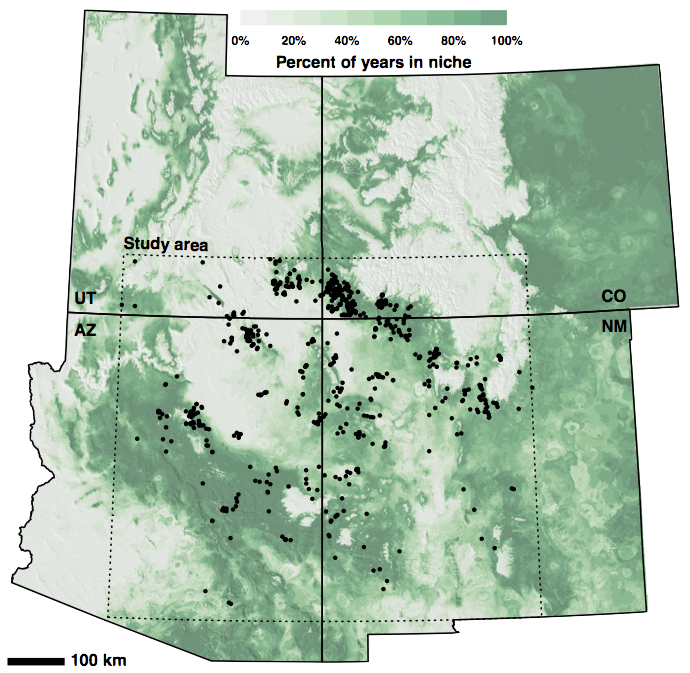
Broadening impacts
We are creating learning tools that blur the line between research and education, inviting the public to participate in building new, relevant understandings of the past.
Reproducible research
Scholarly work should be transparent, documented, and reproducible—characteristics of all Research Institute projects. Check out our code repositories on GitHub.
Leadership
The Research Institute community is comprised of Crow Canyon research staff, research volunteers, and external research associates. Each play an integral role in the research, education, and American Indian initiatives of Crow Canyon. The Research Institute facilitates collaborations that transcend disciplinary and geographic boundaries. In particular, we are developing projects with academics, Native American tribes, teachers and schools, and contract archaeologists.
The Crow Canyon Board of Trustees
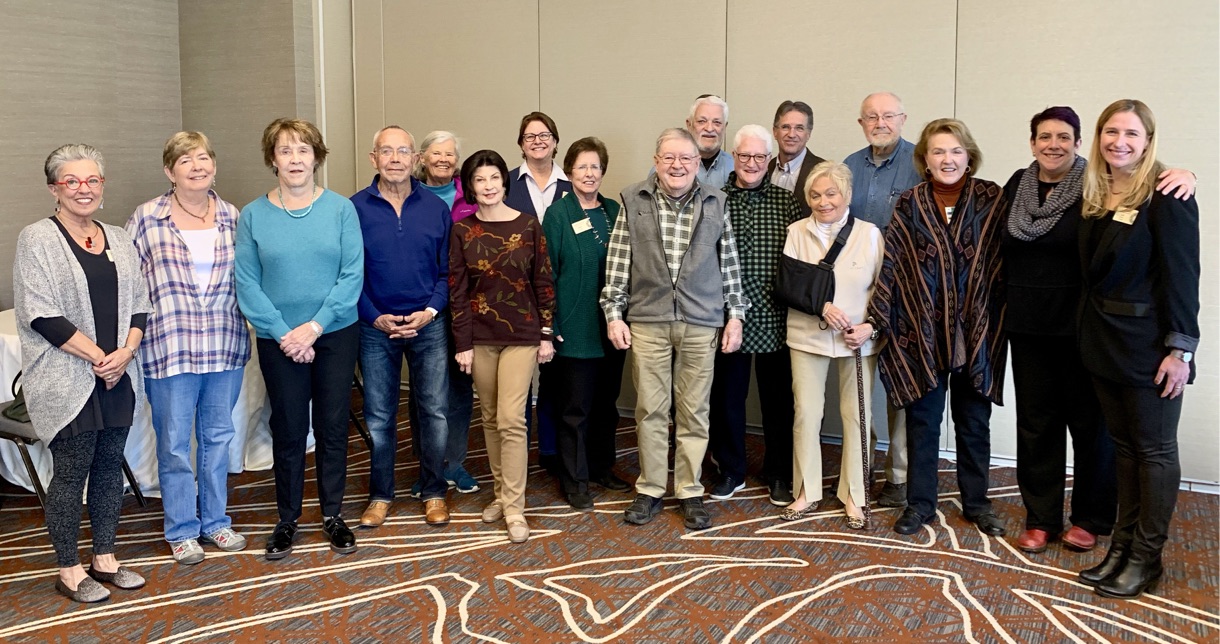
Left to right: Pamela E. Dowd, Elizabeth M. Alexander, Nancy Stevens, Joseph H. Suina, Deedee M. Decker, Barbara L. Schwietert, Constance J. Moramarco, Pamela M. Powell, Albert G. Boyce, Jr., Charles R. Larimore, Joan Goldstein, Ricky R. Lightfoot, Sue Anschutz-Rodgers, William D. Lipe, Quincalee Brown, Leslie M. Masson, Elizabeth (Liz) Perry. Not pictured: Richard G. Ballantine, Nancy M. Byers, Timothy Kohler, Karl F. Kumli III, David W. Melanson, Roberta H. Rubin, Carole B. Segal
Research Institute Advisory Board
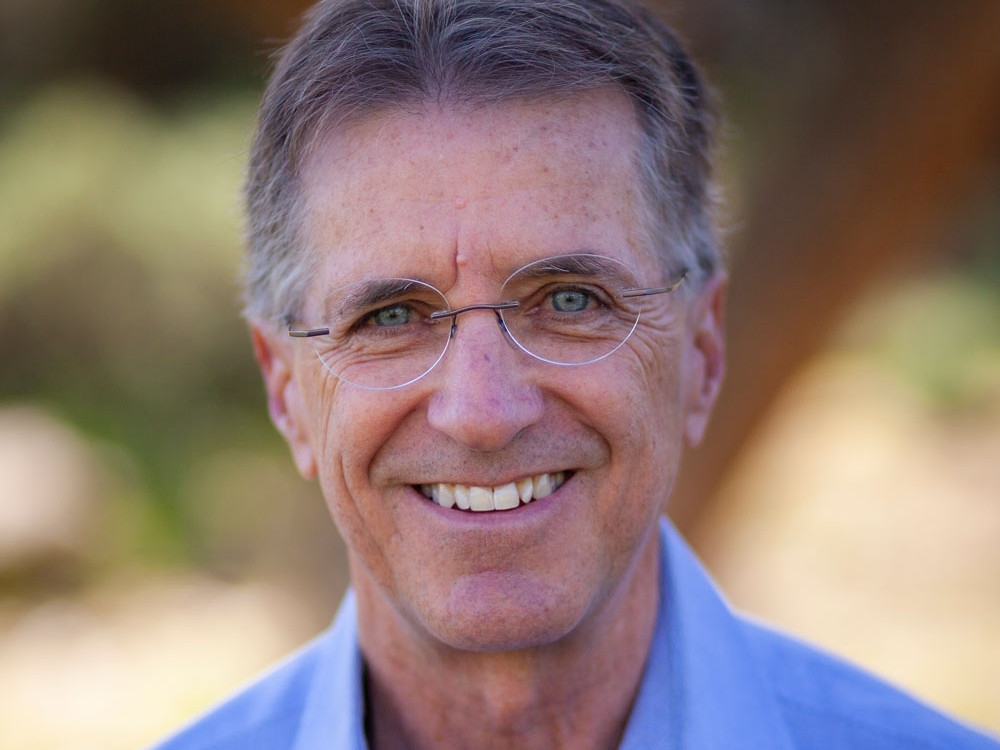
Ricky R. Lightfoot
Board of Trustees; Research Institute Advisor
Ricky directed Crow Canyon’s excavations at the Duckfoot site and Castle Rock Pueblo and has published numerous books and articles on Southwestern archaeology. He joined the Board in 1998 and served as the Board Chair between 2018 and 2023. Ricky has played an important role in the leadership and vision of Crow Canyon since 1984. He lives in Mancos, Colorado.
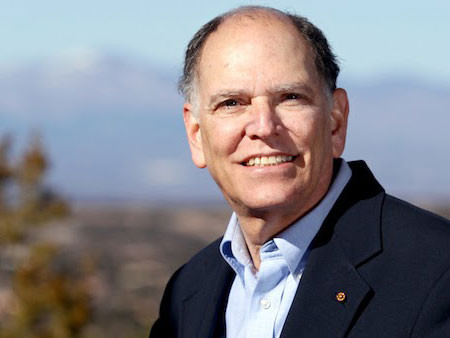
Jeremy A. (Jerry) Sabloff
Research Institute Advisor
External Professor and Past President of the Santa Fe Institute and Christopher H. Browne Distinguished Professor of Anthropology Emeritus at the University of Pennsylvania.
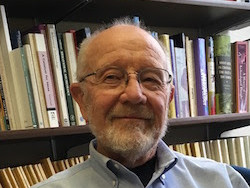
William (Bill) D. Lipe
Board of Trustees; Research Institute Advisor
Bill is Professor Emeritus at Washington State University where he joined the Anthropology faculty in 1976. He is an archaeologist with expertise in the American Southwest, archaeological method and theory, and cultural resource management. Bill joined the Board in 1995 and lives in Moscow, Idaho.
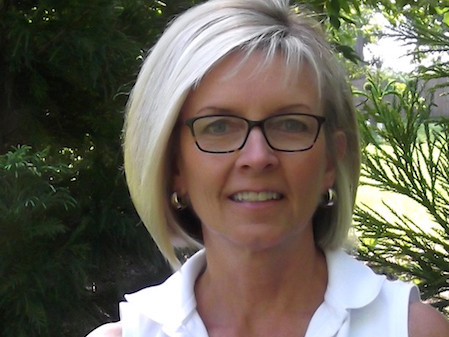
Elaine Franklin
Research Institute Advisor
Director at Kenan Fellows Program, North Carolina State University.
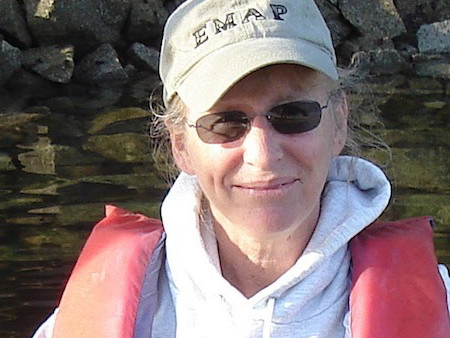
Margaret C. (Peggy) Nelson
Research Institute Advisor
President’s Professor in the School of Human Evolution and Social Change and Vice Dean of Barrett Honors College at Arizona State University.
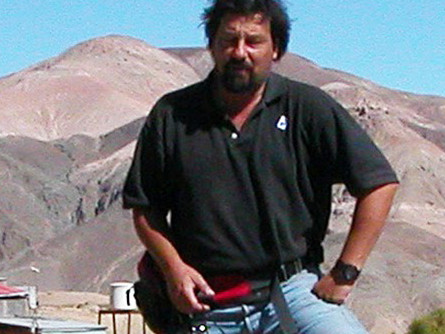
Charles (Chip) Stanish
Research Institute Advisor
Anthropology professor at the University of California, Los Angeles and the director of the Cotsen Institute.

The Research Institute House
Visiting researchers at Crow Canyon can choose to stay at the Research Institute house, less than a mile from the Crow Canyon campus in rural Colorado. The house provides a relaxing environment for research, a substantial research library (in addition to the research library at Crow Canyon), and laboratory space. Researchers at the Institute house can enjoy a direct connection to Crow Canyon’s high-speed internet and research database.
